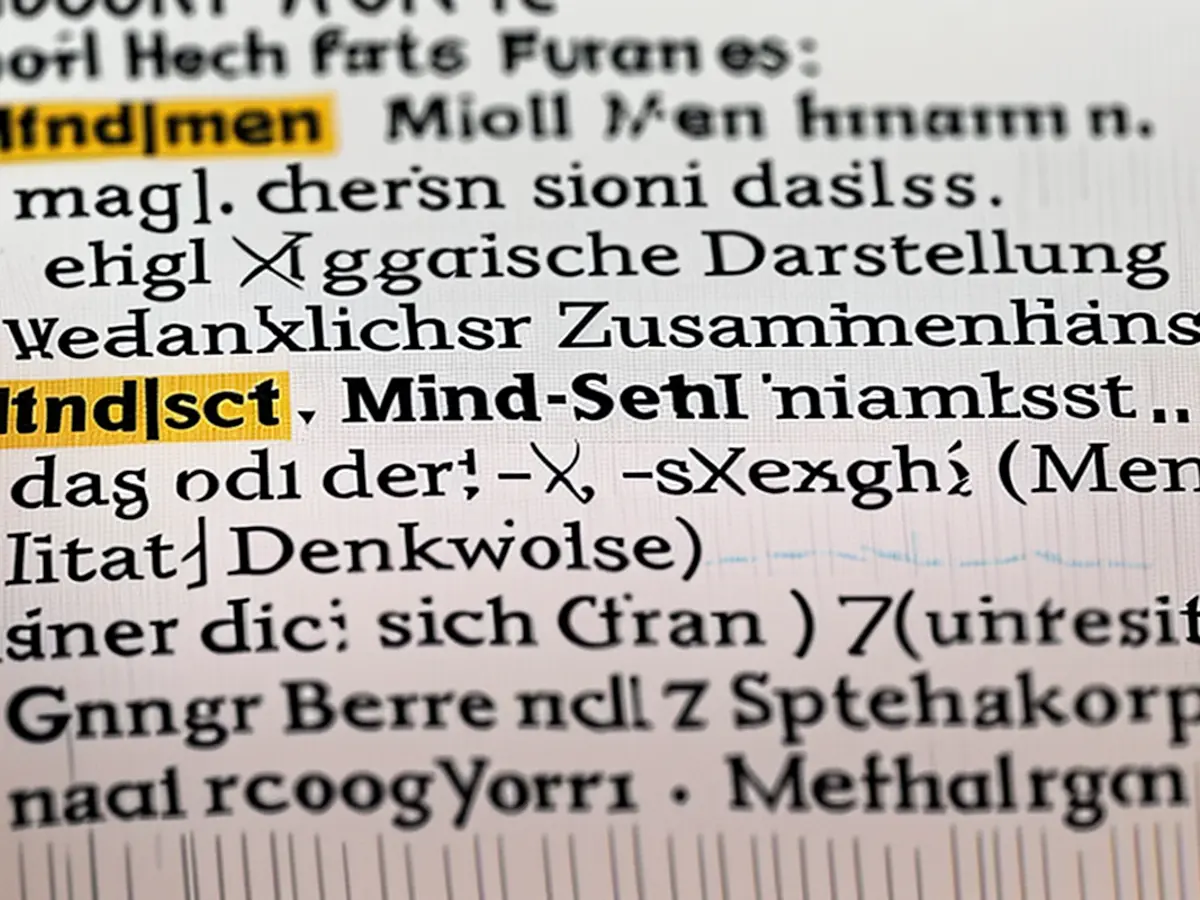The Dictionary Duden expands its vocabulary with 3,000 new entries.
Boasting a whopping 151,000 words, the latest edition of Duden continues to be extensive. The majority of updates stem from crisis, war, and culinary sectors: from "vegetable substitute" to "missile defense system". A staggering 3,000 new phrases have been incorporated - 300 have been eliminated.
Needless to say, it's grown bigger again: The new Duden has expanded by 3,000 words, incorporating phrases like "rooftop solar panel", "Germany Pass", "ChatGPT", "granola", "climate glue", even "Ukraine conflict". "Duden mirrors society's evolvement. These new phrases shed light on significant happenings over the past three to four years," noted lead editor Kathrin Kunkel-Razum. After a four-year hiatus, the renowned German spelling guide, the 29th edition, will be made available on Tuesday.
The printed version features a record 151,000 headwords. According to Kunkel-Razum, the most significant language shifts of the past few years can be attributed to three areas: crisis, war, and cuisine. For instance, "coronavirus pandemic" has been granted a new entry, alongside "antigen rapid test" and "coronavirus denier". Terms like "extreme weather event", "missile defense system", "gas shortage situation", and "relief package" all resonate with crises in different sectors. Altered dietary habits are evident in phrases like "vegetable substitute", "vegetable box", "tahini", or even "contact grill".
Less frequently utilized expressions removed
In addition to adding new words, the Duden editors also eliminate infrequently used phrases. This edition features the elimination of 300 words, as reported by Kunkel-Razum. Phrases such as "refrigerator" (fridge), "3G phone", and the DDR term "Facharbeiter" (rationalizer) for an employee with rationalization tasks are no longer included.
Unused spelling variants have also been dumped, such as "tuna fish" and "spaghetti". "Eliminating phrases is a tougher task than incorporating them," admits the linguist. Proving a phrase is rarely used is more challenging than doing the opposite. Sometimes, eliminations are retracted. The phrase "shopping cart hack" (jokingly) was absent from the previous Duden but has since made a comeback. "We received complaints about its deletion," Kunkel-Razum explains.
Required comma before an extended infinitive reinstated
The guide named after Konrad Duden once held supreme authority. The 1996 spelling reform undermined its power. The German Spelling Council, which publishes the "official standard", now holds the final say. Consisting of a rule section and a word list, this council guides reference works like the Duden in everyday application.
According to Kunkel-Razum, the new edition also integrates the spelling revisions approved by the German Spelling Council during its final meeting of the third term in late 2023. Included is the stipulation that a comma should precede an extended infinitive.
The comprehensive nature of linguistic study is evident in the evolution of Duden, with new terms like "ChatGPT" and "climate glue" being incorporated. To keep the guide reflective of contemporary society, less frequently used phrases like "fridge" and "DDR term 'Facharbeiter'" are occasionally removed.
Due to the complexities of language, eliminating infrequently used phrases is a challenging task for linguists, often leading to reconsideration and potential reinstatement of eliminated terms, such as "shopping cart hack."






